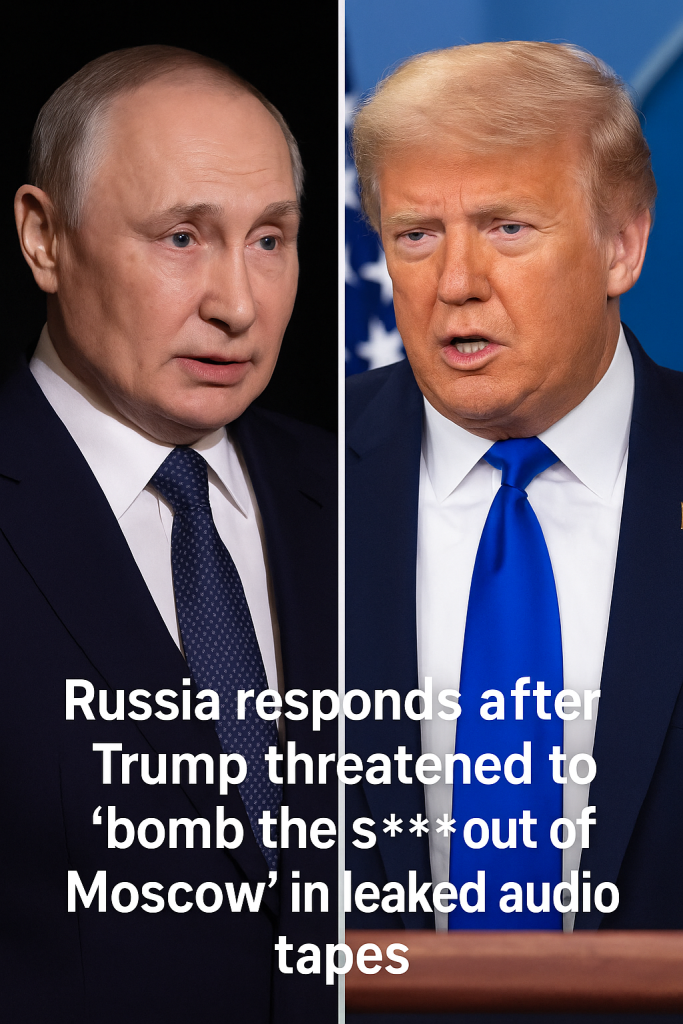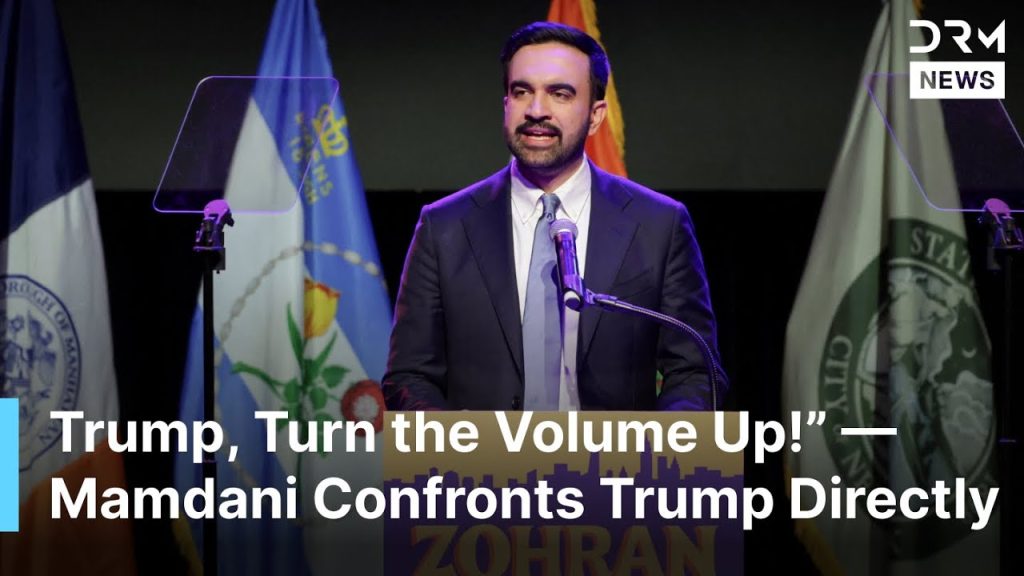A recent leak of audio recordings from a private meeting has triggered a diplomatic storm, as former U.S. President Donald Trump can be heard making a highly inflammatory threat to “bomb the s s*** out of Moscow.” The remarks, captured without public knowledge until recently, have provoked sharp responses from Moscow, raising tensions amid already strained U.S.-Russia relations.
The Leaked Threat
In the audio tapes, reportedly recorded during a confidential discussion with close associates, the former president used explicit language to describe aggressive military action against Russia’s capital. Though the context of the statement remains private, the incendiary language suggested a willingness to consider extreme measures in response to geopolitical provocations. The leak’s timing, occurring in an election year, has added fuel to an already charged political atmosphere.
Russia’s Response: A Mix of Condemnation and Warning
Russian officials quickly condemned the remarks, labeling them as reckless and dangerous rhetoric that could undermine global security. A spokesperson for Russia’s Ministry of Foreign Affairs stated that such threats are unacceptable and “destabilize the fragile peace.” Moscow has reiterated its stance that any hostile acts against Russian territory would meet with “immediate and overwhelming retaliation.”
In addition, a senior Russian military official highlighted that threats of aggression only strengthen Russia’s resolve to bolster its defense capabilities. The Kremlin has emphasized that it views these words not just as political posturing, but as a serious indication of hostile intent that must be countered through both diplomatic and defensive measures.
Impact on U.S.-Russia Relations
The leaked tapes come at a time when U.S.-Russia relations remain tense over issues including the conflict in Ukraine, cyber security, and nuclear arms control. The incendiary nature of the comments threatens to further erode trust and complicate ongoing dialogues. While the United States government has not officially commented on the audio’s authenticity or content, analysts suggest the remarks could be exploited by Russian policymakers to justify a hardline stance on international affairs.
Political Fallout and Public Reaction
The revelation has sparked widespread debate in the U.S., with political figures expressing concern about the implications of such threatening language coming from a former commander-in-chief. Supporters argue that the comments were taken out of context or expressed in a private setting and not reflective of policy intent, while critics warn they risk provoking unnecessary conflict and damaging the country’s global credibility.
Global leaders and security experts are watching closely as the situation unfolds. The episode underscores the dangers of private remarks becoming public in the digital era, particularly when they relate to nuclear-armed nations and the potential for catastrophic conflict.
What’s Next?
Whether or not the threat signals actual policy intentions, it has undoubtedly rattled diplomatic nerves. Observers anticipate an increase in diplomatic communications aimed at de-escalation, as well as renewed calls for restraint and dialogue to prevent misunderstandings that could lead to serious escalation.
As the world watches, the leaked tapes serve as a stark reminder of how volatile rhetoric—even in private—can have profound consequences in the interconnected and often delicate realm of international diplomacy.



